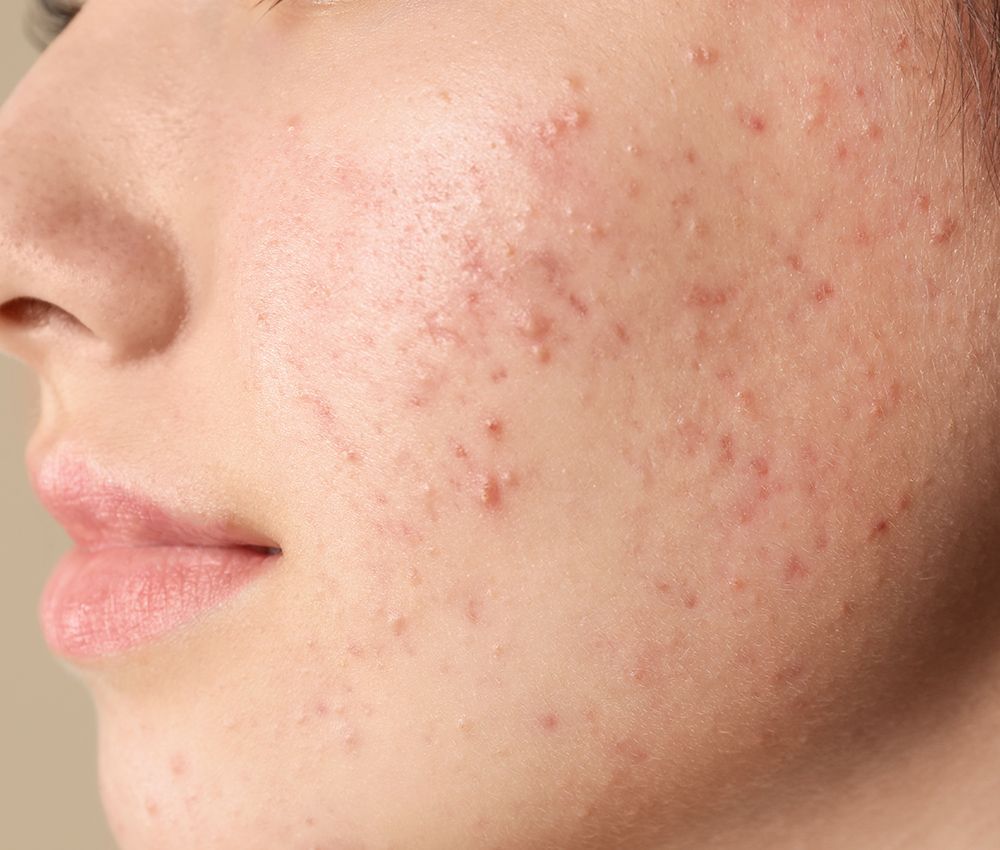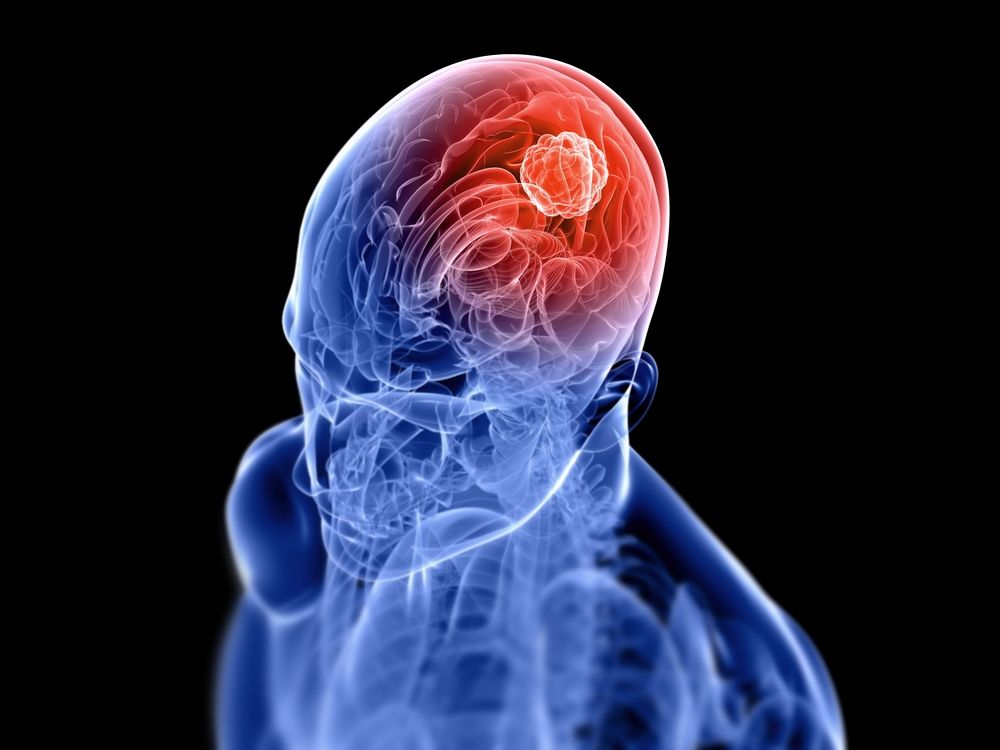Resources
This is a non-exhaustive list of research of health conditions which CBD has been studied. The list in alphabetical order. Most studies are heavily cited and reference, allowing you to do further study (which we highly encourage). The claims made here are solely those of the authors of the studies and not those of ItIsGoodCBD.com. Much of the research is from international sources. The quotes are directly from the papers. Spelling errors and differences exist in the original.
It Is Good! CBD makes no claims to the efficacy of CBD, or our products, to diagnose, treat, or cure any illness or disease. If you think it’s necessary, talk to your physician before including CBD in your health care regimen. This is especially true if you are taking medications that have a “grapefruit warning” or you are taking steroids.
*Before you begin your research, you may want to familiarize yourself with the endocannabinoid system, as it is the primary vehicle by which cannabinoids like CBD affect health and bodily functions.
There’s good cause to believe that many of the disorders afflicting humans are exacerbated by an endocannabinoid deficiency.
Acne
“The researchers found that CBD inhibited oil production and also had anti-inflammatory effects on oil-producing glands.”
“CBD and other cannabis constituents such as cannabis seeds were found to reduce inflammation…when evaluated in acne-like conditions. Treatment with these cannabis extracts was also found to be safe and well tolerated, further strengthening the prospect of CBD as an anti-inflammatory therapeutic for acne. “
“In this study, we provide the first evidence that the nonpsychotropic phytocannabinoid CBD, which is already applied in clinical practice, exerted a unique “trinity of cellular anti-acne actions.”
[Our Full Spectrum oil contains alpha-bisabolol, a sesquiterpene with known benefits for skin. Check out our terpenes page for more information about a-bisabolol.]

Addiction (see Substance Abuse)
Amyotrophic Lateral Sclerosis (ALS)
“Research going back to 2007 found that CBD has anti-inflammatory actions and delayed the progression of neuroinflammation caused by ALS…. It was also found that cannabinoids exert antioxidant actions, target multiple neurotoxic pathways, and may become a valuable treatment for ALS.”
“THC:CBD is increasingly recognised as a valuable option in the management of spasticity in ALS. The analysis of real world data, derived from a platform-based patient registry, demonstrated a wide range in the dose of THC:CBD for the treatment of ALS-related spasticity.”
Alzheimer’s Disease
“Beneficial effects on several dementia-related symptoms have also been reported in clinical trials after cannabinoid treatments.”
“Therefore, the neuroprotective and nonpsychoactive properties of CBD have attracted increasing attention for its therapeutic potential, especially in [Alzheimer’s Disease.]”
“A two-week course of high doses of CBD helps restore the function of two proteins key to reducing the accumulation of beta-amyloid plaque, a hallmark of Alzheimer's disease, and improves cognition in an experimental model of early onset familial Alzheimer's, investigators report.”
Animals
“Hemp oil, hempseed oil, and hempseed cake improved performance and bone strength, enriched egg fatty acid profiles, and increased milk yield in livestock production. CBD use as a non-psychoactive compound showed promising results in alleviating and preventing pain, oxidation, inflammation, and anxiety in different species of animals and also in humans.”
Anti-Inflammatory
“Clinical studies have confirmed that CBD reduces the levels of pro-inflammatory cytokines, inhibits T cell proliferation, induces T cell apoptosis and reduces migration and adhesion of immune cells.”
Anti-microbial
“Taken together, all of these results are consistent with CBD acting very rapidly to disrupt bacterial cytoplasmic membranes, though whether a specific molecular target is involved remains to be determined.”
“Importantly, we also demonstrate that CBD does not lead to resistance after repeated exposure.”
Anxiety/Stress
“In particular, results show potential for the treatment of multiple PTSD symptom domains, including reducing arousal and avoidance, preventing the long-term adverse effects of stress, as well as enhancing the extinction and blocking the reconsolidation of persistent fear memories.”
“Though antidepressant effects of CBD have been consistently reported preclinically, our work contributes to the literature by showing a potential for translation across species without many of the negative side effects associated with traditional antidepressants.”
Arthritis
“CBD use was associated with improvements in pain (83%), physical function (66%), and sleep quality (66%).”
“Intervention with CBD may offer an opportunity to slow the progression of OA [osteoarthritis] by decreasing inflammation, both systematically and locally. The interaction of CBD with your immune system and its potential antioxidant affect may help to decrease symptoms associated with OA and improve quality of life.”
“CBD increases intracellular calcium levels, reduces cell viability and…. production of rheumatoid arthritis synovial fibroblasts.”
Auto-Immune Diseases
“Conclusion: Data from experimental animal models of AD [auto-immune disease] showed that natural and synthetic cannabinoids downregulate inflammatory responses mediated by immune cells responsible for AD chronicity and progression.”
Blood Clots
“… there is strong evidence that supports the presence of crosstalk between the ECS [endo-cannabinoid system] and the coagulation system. …Both CB1 and CB2 receptors have been identified on human platelet, suggesting potential roles for cannabinoids in modulating platelet function and blood coagulation.”
Breast Cancer
“In conclusion, CBD represents the first nontoxic exogenous agent that can significantly decrease Id-1 expression in metastatic breast cancer cells leading to the down-regulation of tumor aggressiveness.”
“…extensive preclinical studies have shown that cannabinoids have an inhibitory effect on tumour cell proliferation, tumour invasion, metastasis, angiogenesis, chemoresistance and epithelial-mesenchymal transition (EMT) and induce tumour cell apoptosis and autophagy as well as immune response.”

Bronchitis
“Surprisingly, [CBD] possessed excellent potency against four Gram-negative bacteria, including the dangerous pathogens … Moraxella catarrhalis…”
Canker Sores (recurrent aphthous ulcers or RAUs)
“Topical 0.1% CBD reduced ulcer size and accelerated ulcer healing without side effects. CBD exerted anti-inflammatory effects in the early stage and an analgesic effect in the late RAU stage. Thus, topical 0.1% CBD might be more appropriate for RAU patients who decline to take topical steroids, except for cases where CBD is contraindicated.”
Cardiovascular Disease
“We have shown for the first time that, to our knowledge, that in humans, acute administration of CBD reduces resting blood pressure, with a lower stroke volume and a higher heart rate. …These findings are in contrast to previous studies in humans, … In the present study, CV parameters were measured continuously, …”
C. Diff (Clostridioides difficile)
“We now report that CBD has some remarkably useful antimicrobial activity beyond that previously described, with potential clinical utility for nasal decolonization. It shows a strikingly consistent MIC of 1–4 μg mL−1 against a diverse range of over 20 types of Gram-positive bacteria, including multiple strains of the key pathogens MRSA, multidrugresistant (MDR), Streptococcus pneumoniae, Enterococcus faecalis, and the anaerobic bacteria Clostridioides (previously Clostridium) difficile…”
Crohn’s Disease (see Inflammatory Bowel Disease)
Dermatitis
“CBD suppresses the inflammatory reaction of allergic contact dermatitis in vitro, without cytotoxic effects.”
Diabetes
“Collectively, our results strongly suggest that CBD may have tremendous therapeutic potential in the treatment of diabetic cardiovascular and other complications by attenuating diabetes-induced oxidative/nitrosative stress, inflammation, cell death and fibrotic pathways.”
Dravet Syndrome (see Lennox-Gastaut Syndrome)
Encephalomyelitis (EAE)
“Achieved results surprisingly show that daily treatment with topical 1 % CBD-cream may exert neuroprotective effects against EAE, diminishing clinical disease score, by recovering of paralysis of hind limbs and by ameliorating histological score typical of disease in spinal cord tissues.”
Endocannabinoid System (eCB or ECS)
“More importantly, modulating the activity of the endocannabinoid system turned out to hold therapeutic promise in a wide range of disparate diseases and pathological conditions, ranging from mood and anxiety disorders, movement disorders such as Parkinson’s and Huntington’s disease, neuropathic pain, multiple sclerosis and spinal cord injury, to cancer, atherosclerosis, myocardial infarction, stroke, hypertension, glaucoma, obesity/metabolic syndrome, and osteoporosis, to name just a few.”
“… preclinical studies by our group and others found that selective activation of the non-psychoactive cannabinoid receptor 2 (CB2R) reduced neuropathology after a variety of neuropsychiatric and neurodegenerative diseases, including cerebral ischemia, traumatic brain injury (TBI), neuropathic pain, stroke, neurodegenerative disease, depression, anxiety, schizophrenia-like behaviors, and drug addiction…”
“… CB2 agonists mediate remarkable pain relief in rodents. CB2 agonists are especially efficient antinociceptive agents in hard-to-treat chronic pain conditions, such as inflammatory and neuropathic hyperalgesia and cancer pain. … CB2-selective drugs may be devoid of the well-known centrally-mediated side effects of the classical cannabinoids. Consequently, CB2-selective cannabinoid agonists are promising new candidates for pain management.”
Endometrial Cancer
“The results showed a dose-dependent CBD effect in all EC cell lines, …. Additionally, daily administration induces higher cytotoxicity when compared with CBD single administration.”
“These results suggest that CBD enhanced the effect of chemotherapeutic drugs, used at lowest doses, … thus supporting the feasible use of CBD as an adjuvant in the treatment of human EC.”
Endometriosis
“The endocannabinoid system (ECS) has emerged recently as an important factor in endometriosis development, maintenance, and pain mechanisms. These new revelations suggest that the ECS may potentially serve as a pharmacological target for endometriosis treatments, including pain management, …”
Epilepsy
“Overall, adjunct CBD has been found to be generally safe and effective for treatment-resistant seizures in children with severe early-onset epilepsy. Whether an add-on CBD is efficacious for the long-term treatment of various epilepsy and seizure types in adults being tested in various clinical trials.”
“Phase III randomized controlled trials and prospective open label trials have provided efficacy and safety data for the use of CBD in pediatric onset severe epilepsies.”
Glioma
“The addition of CBD to the culture medium led to a dramatic drop of mitochondrial oxidative metabolism viability in glioma cells, in a concentration-dependent manner that was already evident 24 h after CBD exposure, …”
“We also show, for the first time, that the antiproliferative effect of CBD was correlated to induction of apoptosis, …”
“In conclusion, the nonpsychoactive CBD was able to produce a significant antitumor activity both in vitro and in vivo, thus suggesting a possible application of CBD as an antineoplastic agent.”
“In conclusion, the present study demonstrates, for the first time, that CBD can inhibit the migration of tumoral cells. … This antimigratory property, together with the known antiproliferative and apoptotic features of CBD (Massi et al., 2004), strengthen the evidence for its use as a potential antitumoral agent.”

Inflammatory Bowel Disease (IBD)
“Phytocannabinoids activate the endocannabinoid system. This activation may have a beneficial effect in inflammatory bowel disease.”
Lennox- Gastaut Syndrome
“The currently available data suggest that response to treatment with a highly purified, plant-derived CBD oil-based solution can be seen in patients across a broad range of epilepsy disorders and etiologies.”
“In randomized controlled trials, CBD reduced seizure frequency in patients with Dravet syndrome, Lennox–Gastaut syndrome, and tuberous sclerosis complex.”
Leukemia
“Exposure of leukemia cells to cannabidiol led to cannabinoid receptor 2 (CB2)-mediated reduction in cell viability and induction in apoptosis. Furthermore, cannabidiol treatment led to a significant decrease in tumor burden and an increase in apoptotic tumors in vivo.”
Lung Cancer
“Patients with non-small cell lung cancer (NSCLC) develop resistance to antitumor agents by mechanisms that involve the epithelial-to-mesenchymal transition (EMT). …. Cannabinoids have been reported to inhibit EMT in gastric, endometrial and NSCLC cancer cells.”
“Therefore, THC and CBD suppress the basal EMT phenotype, which enhances the medical importance of cannabinoids. In summary, our results indicate that CB1 and CB2 expression levels have potential as biomarkers for the survival of patients with NSCLC, and that THC and CBD could be used to suppress cell proliferation and EMT.”
“We found that mRNA-level expression of CB2 but not CB1 is associated with significantly longer survival and fewer lymph node metastases at the time of surgery. Additionally, CB2 gene expression is a positive prognostic factor for CSS and DFS independently of age, gender, disease stage, tumor histology, and adjuvant chemotherapy treatment.”
Lupus
“Dysregulation of eCB [endo-cannabinoid] system has been described in many rheumatological and immune-mediated disorders, such as multiple sclerosis, rheumatoid arthritis, psoriasis, and systemic sclerosis…”
“We postulated a potential dysregulation of the eCB [endo-cannabinoid] system in SLE patients,…”
Meningitis
“Surprisingly, it possessed excellent potency against four Gram-negative bacteria, including the dangerous pathogens…Neisseria meningitides (MIC 0.25 μg mL−1)…”
Multiple Sclerosis
“These findings demonstrate the beneficial effect of CBD treatment on autoimmune neuroinflammation by ablating expression of pro-inflammatory chemoattractants, regulating inflammatory macrophage activity, promoting MDSC expansion, and limiting the systemic low-grade inflammation in the GI tract, culminating in the attenuation of EAE.”
“…we have demonstrated that the mitigation of EAE with CBD comes from its ability to target a range of anti-inflammatory pathways, …our studies suggest that CBD may constitute an excellent candidate for the treatment of MS and other autoimmune diseases.”
“Randomized, placebo-controlled trials, as well as longer-term open-label extensions, have shown a clear-cut efficacy to reduce spasticity and their associated symptoms in those patients refractory to other therapies, with a good tolerability/safety profile.”
Neuro-protective
“In conclusion, administration of CBD … reduced short-term brain damage, in a manner that can be attributed to a CBD-induced reduction of cerebral hemodynamic impairment, improvement of brain metabolic activity postinsult, reduction of brain edema, and reduction of seizures. These neuroprotective effects were not only free from side effects but also associated with some cardiac, hemodynamic, and ventilatory benefits.”
Parkinson’s Disease
“CBD is attracting increasing interest in this context because of its possible inhibitory effect on OS [oxidative stress] and inflammation and the fact that, at low doses there are few side effects.”
Psoriasis
“These data indicate that CBG/CBD oil significantly reduces the symptoms of psoriasis. The controls receiving placebo oil did not show any improvement while CBG/CBD at higher concentration showed an improvement on psoriasis as assessed by the Psoriasis Area Severity Index.”
Schizophrenia
Thus, these findings suggest that CBD has a more favorable safety profile than amisulpride, and provide evidence that CBD is equally efficacious as amisulpride for patients with schizophrenia.
Skin disorders
“The topical administration of CBD ointment, without any THC, is a safe and effective non-invasive alternative for improve the quality of life in patients with some skin disorders, especially on inflammatory background.”
“Based on the current publications, it can be summarised that cannabinoid compounds have great potential in the treatment of skin diseases, both as topical applications and as systemic medications.
“What can be stated with certainty today is that a major advantage of cannabinoids is their interaction with a variety of receptors, which can accordingly lead to improvements in skin diseases via multimodal mechanisms of action….CBD appears to have an exceptionally attractive interaction profile with various target structures that is pharmacotherapeutically useful for patients with a variety of skin diseases.”
Stem Cells
“Cannabinoid receptors are expressed and functional from the very early developmental stages, when they regulate embryonic and trophoblast stem cell survival and differentiation, and thus may affect the formation of manifold adult specialized tissues derived from the three different germ layers (ectoderm, mesoderm and endoderm). In the ectoderm-derived nervous system, both CB1 and CB2 receptors are present in neural progenitor/stem cells and control their self-renewal, proliferation and differentiation.”
Substance Abuse/Addiction
“CBD attenuated context-induced and stress-induced drug seeking without tolerance, sedative effects, or interference with normal motivated behavior. Following treatment termination, reinstatement remained attenuated up to ≈5 months although plasma and brain CBD levels remained detectable only for 3 days. CBD also reduced experimental anxiety and prevented the development of high impulsivity in rats with an alcohol dependence history. The results provide proof of principle supporting potential of CBD in relapse prevention …”
“These results demonstrate that CBD, but not CBDA, reduces METH sensitisation of locomotor activity in rats at pharmacologically effective doses, thus reinforcing evidence that CBD has anti-addiction and antipsychotic properties.”
Venereal Diseases
“…we now report for the first time that cannabidiol can selectively kill a subset of Gram-negative bacteria that includes the ‘urgent threat’ pathogen Neisseria gonorrhoeae.”
Wound Care
“Cannabis-based medicine extends the possibility for improved pain relief, safer methods with less harm and fewer iatrogenic risks, self-titration and the reinstatement of personal agency, and enhanced wound healing.”
CONTACT INFORMATION
Phone: (970) 678-4663
Address: Windsor, Colorado
The statements made regarding these products have not been evaluated by the Food and Drug Administration. The efficacy of these products has not been confirmed by FDA-approved research. These products are not intended to diagnose, treat, cure or prevent any disease. All information presented here is not meant as a substitute for or alternative to information from healthcare practitioners. Please consult your healthcare professional about potential interactions or other possible complications before using any product. The Federal Food, Drug, and Cosmetic Act requires this notice.
All Rights Reserved | It Is Good, LLC





